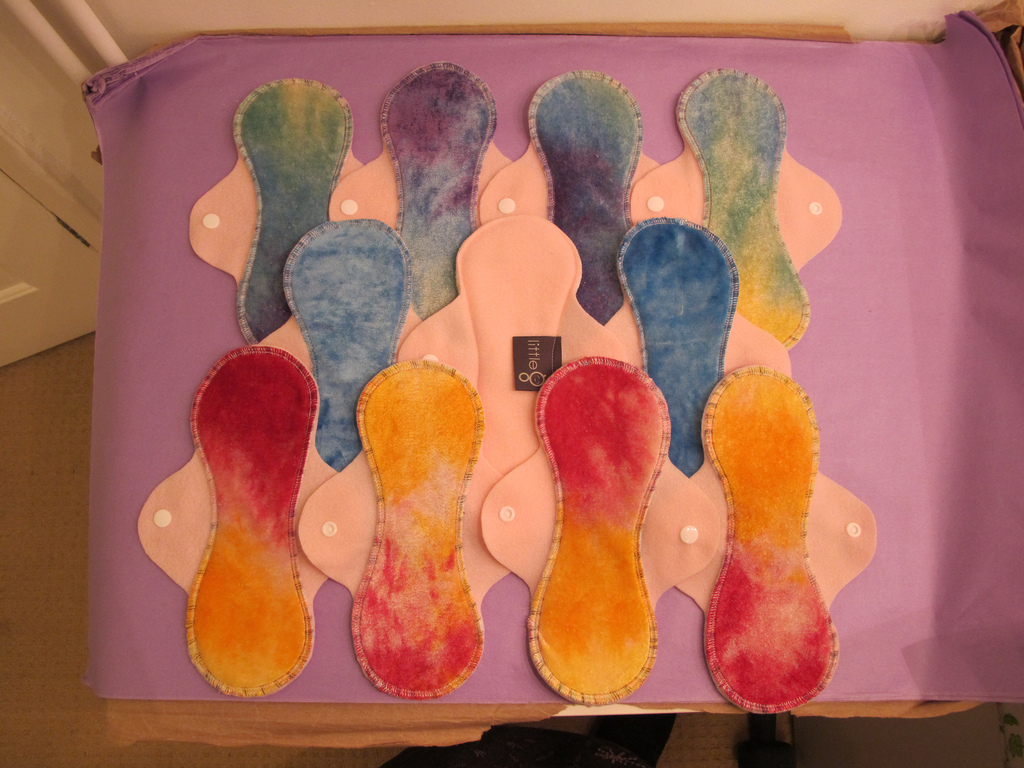
The topic of ageing is possibly one of the trickiest topics to positively profile in the media. Stories of kerosene baths and bed pans, cheap laughs from stereotypes and overused clichés, and the constant drone about the problems of ageing and the burden on society; there’s no doubt that our media is youth obsessed. So, when Ellis Jones was asked to make ageing front-page good news in the lead up to the 10th Global International Federation on Ageing Conference, we were pumped! It was a challenge to positively influence the ageing debate, leveraging the momentum generated from the Intergenerational Report and health and aged-care reform.
Tackling age discrimination was the first task at hand. We looked at two areas where assumptions about ageing can be challenged: in the workforce and in our cities.
Age discrimination in the workforce is a silent but growing issue in Australia. Heart-wrenching stories of retrenchment disguised as retirement and competent older Australians unable to get jobs remain largely unreported, fuelled by the underlying assumption that retirement has to happen at 65. Ellis Jones worked with Dr John Beard, Director of Ageing and Life Course at the World Health Organisation and IFA’s keynote speaker, to refute this assumption. He broke new ground and pushed boundaries when he proclaimed the workforce needs to prepare for the 100-year-old worker. Drawing examples from the United States, which has its first centenarian worker, Dr Beard predicted that technology and flexible working hours will allow those who are willing and fit to continue working keep their jobs. The story first got traction in the broadsheets (The Age; Sydney Morning Herald), and very quickly appeared in online media and blogs. Fuelling comments from readers, opinions very quickly revealed that older Australians are not only open to the concept of working past retirement, they are also not afraid to voice opinions of being discriminated against online.
The buzz around combating ageism at work culminated with a thought-provoking interview between Jon Faine of ABC 774, Sue Hendy (CEO, Council on the Ageing) and Tehree Gordon (founder of the Jirrahlinga Koala and Wildlife Sanctuary). Focusing on Tehree’s experience of being spoken down to at Centrelink and told she should not be looking for a job at her age, Sue spoke out against age discrimination within the community in a feisty eight-minute interview that received tremendously positive feedback.
The topic of ageism doesn’t stop there; it spills out into the realm of urban planning. Ensuring our cities are age-friendly, with accessible public transportation, pedestrian walk ways and toilets, promotes social inclusion and generational understanding. Dr John Beard spoke with ABC Life Matters and The Australian about examples of age-friendly cities and spoke about how Australia stacked up against the rest of the world in terms of its age-friendliness.
After the phones stopped ringing at all hours for media interviews and our team got a chance to regroup and evaluate, we counted over 60 unique pieces of coverage across range of media channels: metropolitan broadsheet, TV, radio programs, industry and special-interest press. Our favourite media headline “Forget bras, it’s time to burn your continence pads” from Insite magazine encapsulates the need to do more to ensure that age discrimination doesn’t prevent older people from contributing to society.
View the full articles here.

